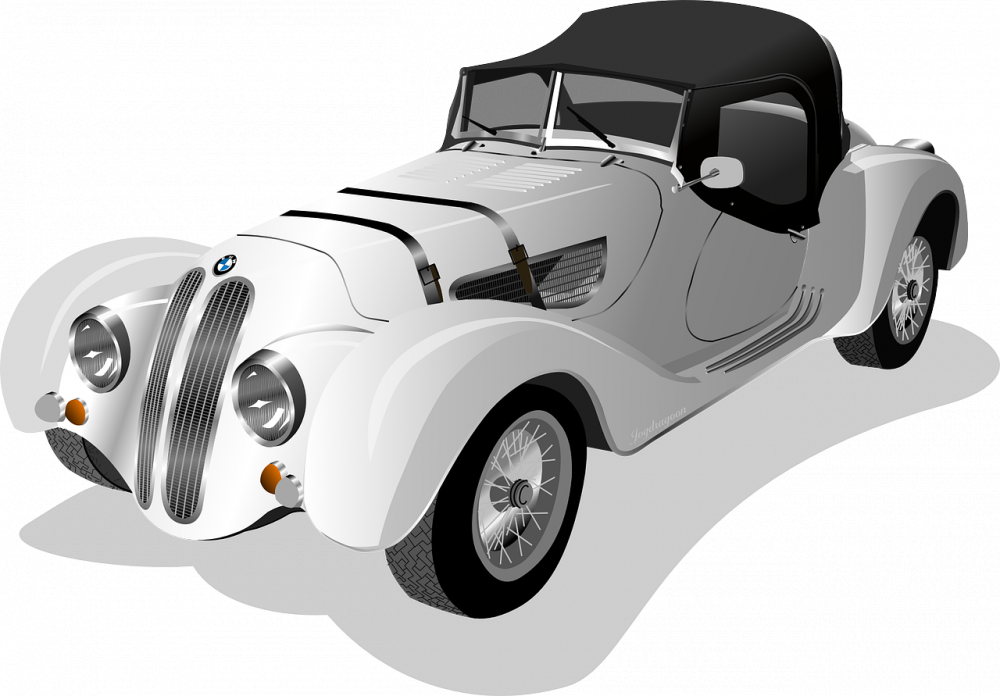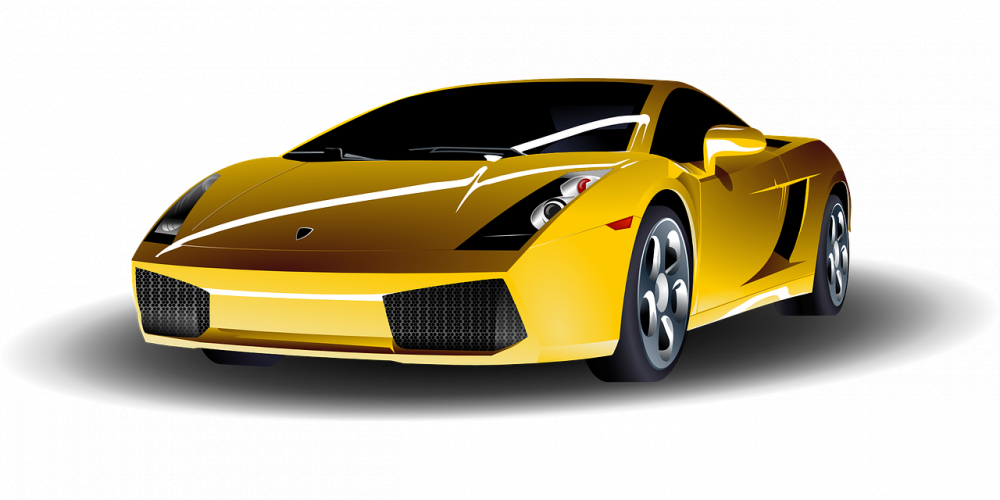Volkswagen ID: The Future of Electric Mobility for Car Owners and Enthusiasts

Introduction:
The automotive industry has been making significant strides in the development of electric vehicles (EVs), and Volkswagen is at the forefront with their innovative VW ID lineup. Designed with sustainability and efficiency in mind, VW ID represents the future of electric mobility. In this article, we will explore the key aspects of the VW ID series, its historical evolution, and why it is essential for individuals interested in the topic to be well-informed.
I. The VW ID Series: A Game-Changer in Electric Mobility

– What is VW ID?:
– VW ID is a range of fully-electric vehicles developed by Volkswagen, featuring cutting-edge technology and an emphasis on sustainable transportation solutions.
– These vehicles are built on the Modular Electric-Drive Matrix (MEB) platform, a flexible and scalable architecture designed specifically for electric vehicles.
– Key Features and Benefits:
– Environmental Sustainability: VW ID vehicles have zero direct emissions, substantially reducing carbon footprint and contributing to a greener future.
– Long Electric Range: The VW ID lineup offers impressive mileage ranges, allowing drivers to go further on a single charge.
– Fast Charging Capabilities: With advanced charging infrastructure, VW ID vehicles can be quickly charged, providing convenience and reduced downtime.
– Enhanced Connectivity: VW ID cars are equipped with cutting-edge infotainment systems and connectivity features, ensuring an enhanced driving experience.
– Intelligent Design: The ID series boasts sleek and aerodynamic exteriors coupled with spacious and comfortable interiors, catering to both style and practicality.
– Advanced Safety Technologies: VW ID vehicles incorporate state-of-the-art safety features, ensuring the protection of both passengers and pedestrians.
II. Evolution of the VW ID Series: From Concept to Reality
– Conceptualization and Prototypes:
– The journey of VW ID began with the unveiling of the concept car, VW ID.3, at the 2016 Paris Motor Show, showcasing Volkswagen’s vision for future electric mobility.
– The positive reception of the concept car led Volkswagen to solidify their commitment to electric mobility and embark on a journey to transform these visions into reality.
– Development of prototypes, rigorous testing, and continuous iterations were conducted to fine-tune the performance, reliability, and technology of the forthcoming VW ID series.
– The Birth of a Legend: VW ID
– In 2019, Volkswagen launched the VW ID.3 as the first model in their electric ID lineup, targeting the mainstream market.
– The VW ID.3 is a compact family car with a range of configurations and variants, offering practicality, affordability, and sustainability to a broader customer base.
– The model garnered significant attention and acclaim, further solidifying Volkswagen’s position as a key player in the electric vehicle market.
– Expanding the ID Series:
– Building upon the success of the VW ID.3, Volkswagen expanded the ID series with other models, each designed to cater to specific customer needs and preferences.
– This expansion includes the VW ID.4, an all-electric SUV aimed at customers seeking versatility and spaciousness without compromising sustainability.
– Additionally, Volkswagen has announced plans for future additions to the ID lineup, showcasing their commitment to revolutionizing the electric mobility landscape.
III. A Featured Snippet: Unlocking Key Information for Car Owners and Enthusiasts
– Understanding VW ID Models:
– The VW ID series is comprised of various models, including the compact VW ID.3 and the SUV-like VW ID.4.
– Each model boasts unique design elements, performance specifications, and features, catering to diverse customer preferences.
– VW ID vehicles offer ample cargo space, advanced safety systems, seamless connectivity, and a comfortable driving experience.
– Charging Infrastructure:
– For individuals considering purchasing a VW ID, it’s essential to understand the charging infrastructure and options available.
– VW supports various charging standards, including home charging solutions, public charging stations, and high-power DC fast-charging networks.
– Owners can conveniently charge their VW ID vehicles at home overnight, or utilize the vast network of charging stations during longer journeys.
– Owning an EV:
– Ownership of an electric vehicle involves certain considerations and adjustments compared to traditional combustion engine cars.
– Maintenance requirements for VW ID models differ from conventional vehicles, with fewer mechanical components to service and higher focus on software updates and battery management.
– Financial incentives, such as government grants and tax credits, are available for electric vehicle owners, making the transition to an EV more financially appealing.
Conclusion:
The VW ID series represents Volkswagen’s commitment towards sustainable and efficient electric mobility. By diving into the rich history of VW ID, understanding the key features and benefits, and embracing the necessary adjustments for ownership, individuals passionate about cars and electric mobility can make well-informed decisions. As the automotive industry races towards a green and sustainable future, the VW ID lineup stands tall as an epitome of innovation, design excellence, and environmental consciousness.





